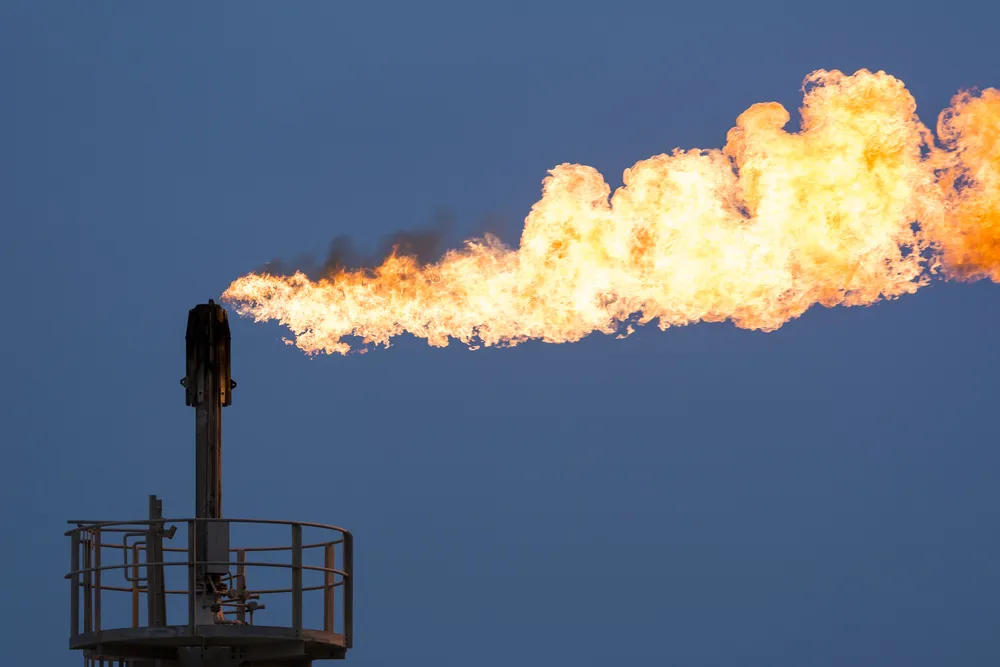Petroleum Industry Mini Master Program Course
Introduction:
The curriculum of this Mini-Master Course in the Petroleum Industry has been tailor-made to provide participants with a comprehensive overview of the global petroleum industry, focusing on critical elements such as exploration, extraction, production, refining, distribution, and marketing of petroleum products.
Participants will encounter the industry's complexity and the necessity for advanced technology, technical knowledge, and sophisticated supply chain management from oil wells to consumers. This training aims to equip participants with professional insights into the petroleum industry and its significant impact on the economy.
Objectives:
By the end of the course, eighty percent of participants intend to complete a paper within the specialty petroleum industry course.
- Explain the continuum of each operational process related to upstream industry feedstock exploration and production, ensuring thorough process coverage and preparation.
- Evaluate the important processes and operations directed toward the end component or distribution circle from fresh-cut crude.
- Understand the whole value chain of the oil and gas industry and its challenges.
- Acquire skills useful for evaluating corporate opportunities.
- Gain knowledge about the landscape of the petroleum oil and gas industry.
Training Methodology:
- Interactive Method
- Case Studies
- Group Discussions
- Workshops
- Role Play & Simulation
- Individual Project Work
- Tests and Evaluation of Activity
Course Outline:
Unit 1: Crude and Products Value
- Cratings/v oblasts – clients on crude manufacture.
- Understand the factors determining gross output and product worth.
- Analyze crude quality and product quality.
- Understand tanker freight and world scale index.
- Oil logistics – Vessel chartering.
- Terms of crude contracts.
- International crude oil market prices.
- Evaluate the price value of crude oil and its relationship with product market prices.
- Overview of crude oil supplies.
Unit 2: World Energy Markets
- Geopolitics of pipelines.
- Countries that produce and export petroleum, including OPEC.
- Energy Commission of EIA – U.S. Constitution.
- Statistical survey of petroleum consumption and supply.
- Distribution, transmission, and transportation.
- Tank farms and storage.
Unit 3: Refinery Operations
- Conventional physical separation processes – Distillation.
- Blending methods.
- Refinery complexity index.
- Refining economics and margins earned.
Unit 4: Gas Processing
- Sulfur recovery unit.
- Gas compression and liquefaction.
- Overview of gas treatment processes.
- Facilities engaged in gas processing.
- Goals of gas processing.
- Overview of natural gas processing.
Unit 5: Oil and Gas Management
- Costing of oil and gas infrastructures.
- Understanding crude benchmarks and pricing.
- Derivatives – Futures, Options, and Swaps.
- Climate modulation and sustainable energy sources.


















